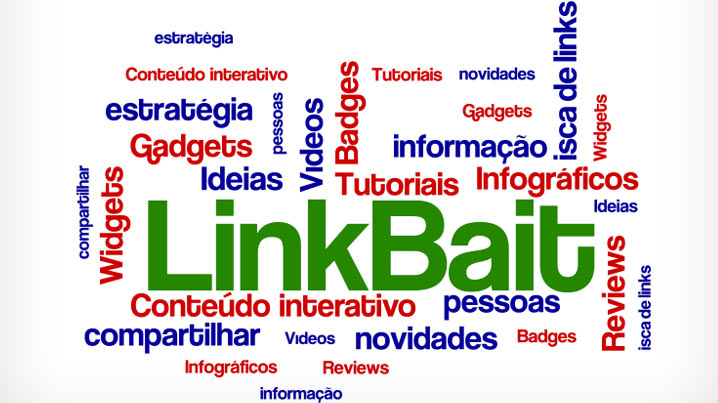Within the considerable subject of SEO and its implementation, two main facets can be focussed upon. One is the creative element which covers aspects of SEO such as content creation, accessibility, and some parts of user experience (UX).
The second aspect is technical SEO, and, as its name suggests, it deals with much of the work you will not usually see such as coding, metadata, and the structure of the website. Technical SEO includes elements that ensure a website is indexed which is essential for it to appear in the search engines, and also for it to be crawled so that its ranking can be determined. The element within a website’s coding that ensures this happens is ‘robots.txt’ so let us look at this in more detail.
What Is ‘robots.txt’?
Before we go any further, we must clarify that robots.txt has nothing to do with Androids or any artificial intelligence tool. Instead, it is a few lines of text within the source code of a website that instruct search engines which pages of that website they can and cannot crawl. The robots.txt acts like a signpost showing the search engine bots to the correct pages and away from the wrong pages. It also lets the bots know how often they should return to crawl the page.
How Does ‘robots.txt’ Work?
The bots and spiders the search engines send out have two main functions. The first is to crawl the internet to discover content, and the second is to index that content so that the search engines can create search results whenever a user types in a search term.
























